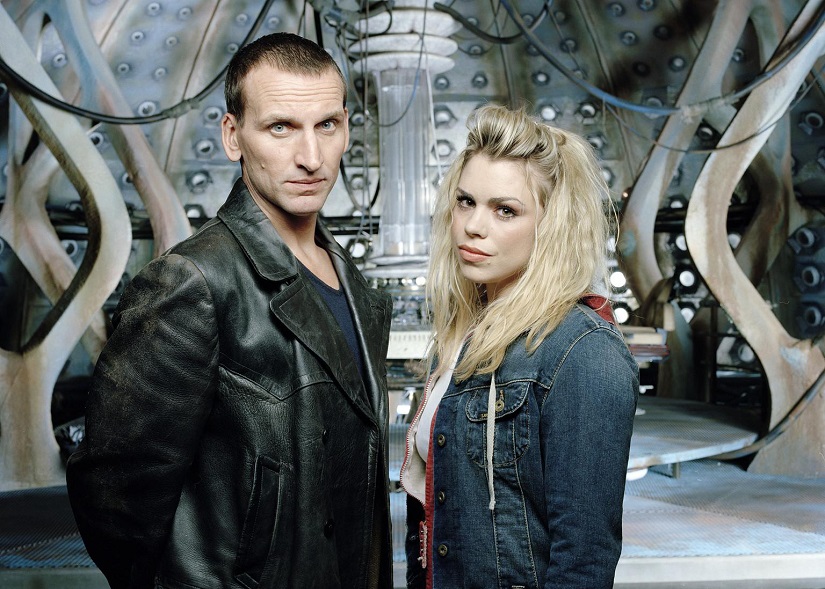Ten Years Of Modern Doctor Who: Revisiting 'Rose'
Doctor Who celebrated its fiftieth anniversary two years ago, and celebrates its tenth anniversary today. What else would you expect from a series which has never placed much stock in keeping its timelines in order? Just ask UNIT in the late '70s. Or should that be mid-70s? Fantastic. Anyhow, where the 50th anniversary marked the birthday of 'The Unearthly Child', the series' very first episode back in 1963, today's tenth anniversary marks a decade since Russell T. Davies revived the show following sixteen years off-air, barring one ill-fated television movie, and set the stage for what would grow from a cultish British sci-fi curiosity into a genuine transatlantic phenomenon.
Re-watching 'Rose', the first episode of the revived series (or New Who, as it's colloquially known), is fascinating not only in light of how drastically the series has evolved over time, but also how fully-formed the most important aspects of the show were right out of the gate. The most immediately striking difference is between the creative focus of the man in charge then, Russell T. Davies, and the man in charge now, Steven Moffat. The very first shot, swooping from an orbital shot of earth down to Rose Tyler's buzzing alarm clock, establishes perhaps the single definining theme of Davies' tenure: contrasting the grand majesty of space and time with the humble, messy lives of your workaday human. Where Moffat's characters function as cogs in their creator's cosmic clock, Davies rejoices in the silly essentialness of mundane existence. Rose may not find much fulfilment in her shopgirl routine, but in Davies' eyes, there's something magical in being that one amongst millions, rummaging around for a place in humanity's buzzing, living hive.


